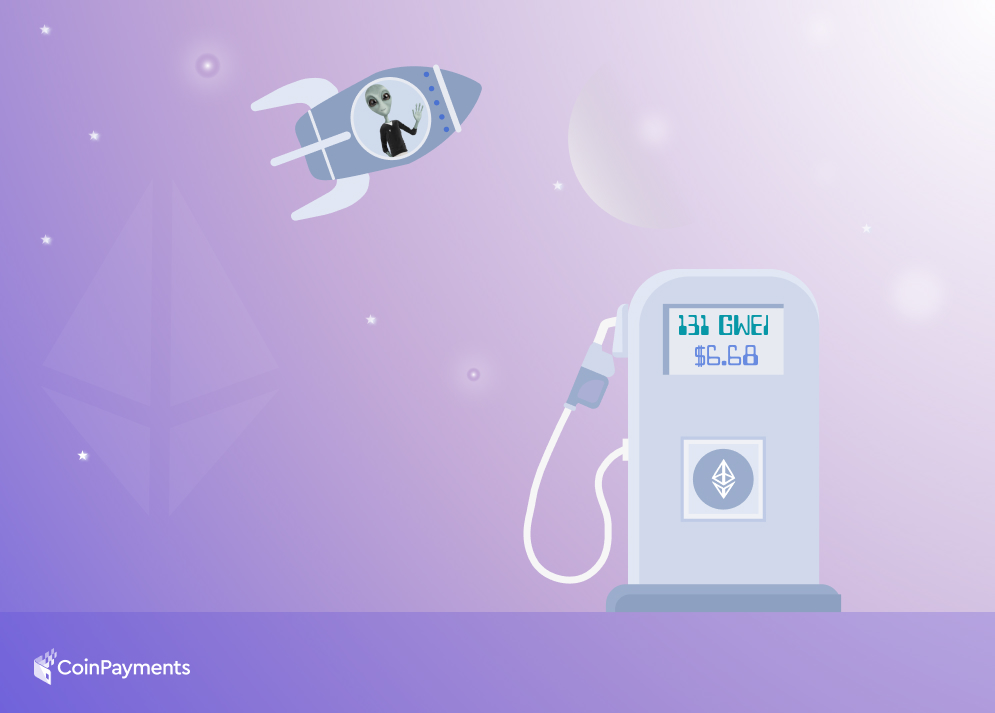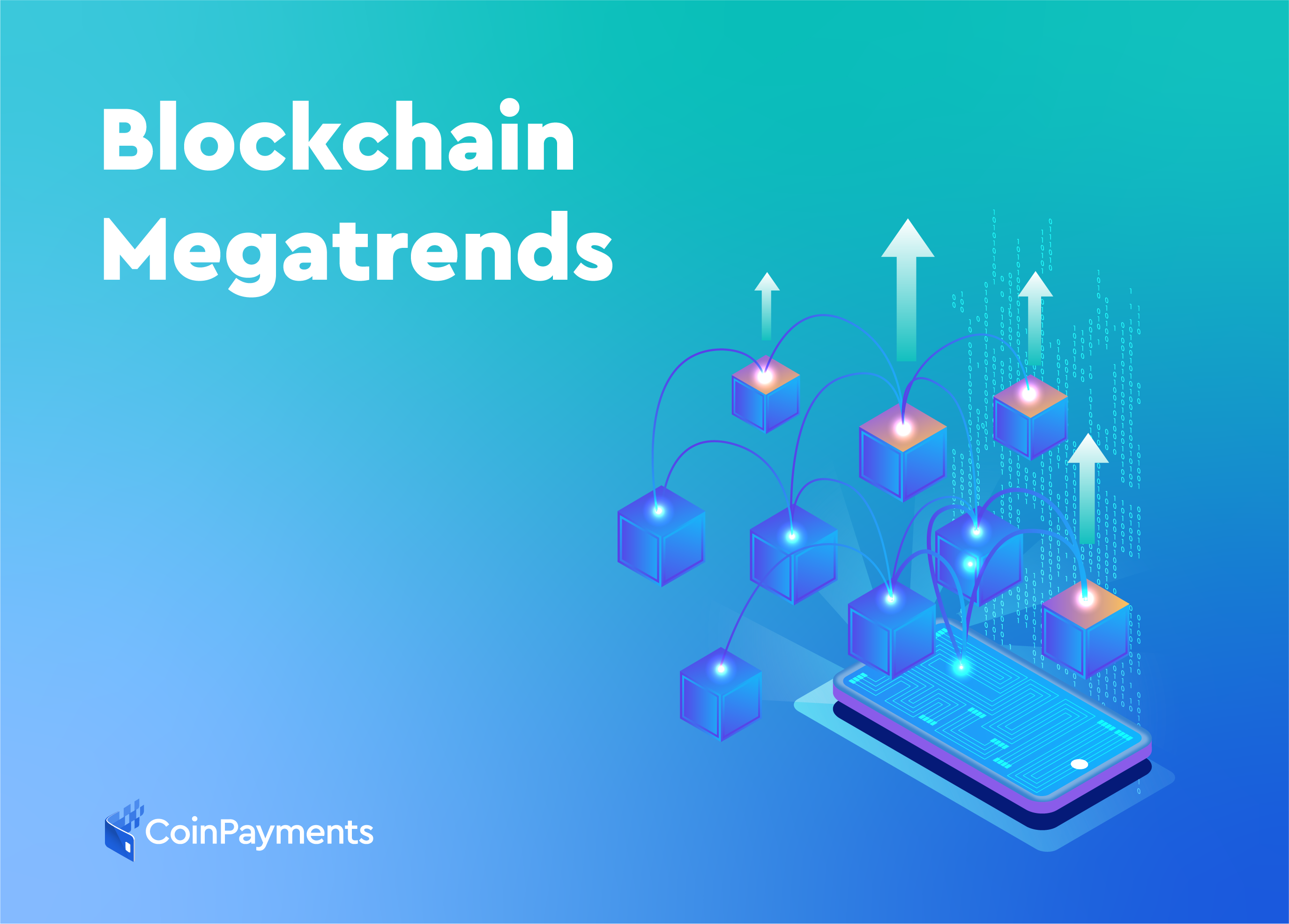
Let’s talk about gas fees. Excuse me?!
Gas is essential to the Ethereum network. It is the fuel that allows it to operate, in the same way, that a car needs gasoline to run.
What is gas?
Gas is a transaction fee paid by users to compensate for the computing energy required to process and validate transactions on the Ethereum blockchain.
There are two main components: Gas Price and Gas Limit.
Gas Price – The price per unit of gas is denoted in small fractions of the cryptocurrency Ethereum, called GWEI. GWEI is equivalent to ETH in the way that a penny is equivalent to the dollar; it is the smallest denomination of the currency.
Gas Limit – Gas limit refers to the maximum amount of GWEI a user is willing to spend on a computation.
The gas fees are calculated based on how much energy an action requires and how long it will take to run. The more complex the transaction, the more GWEI required to execute it.
Gas fees also help keep the Ethereum network secure. For example, it’s not a good idea for hackers to try and overload the network with transactions if they have to pay for every single request.
What is the Ethereum blockchain?
To understand what the gas fee is, you must first understand how “proof of work” blockchains work. The network is built up of verifiers, called ‘Miners’ that are essentially computers with a lot of graphics cards built for the purpose of verifying transactions and ensuring the network stays secure. Each transaction is listed into a block, which is given a unique identity (or “hash”) number. Each new block also contains the hash number of the block before it, creating a “chain” of information stored in “blocks.”
What is Ethereum?
Ethereum is the second-largest crypto by market capitalization after Bitcoin.
Released in 2015 by 19-year-old prodigy Vitalik Buterin, Ethereum expanded on the Bitcoin platform by introducing smart contracts and decentralized applications. Ether (ETH) is the transactional token that facilitates operations on the Ethereum network.
A smart contract is an agreement between two people in the form of computer code, where a certain set of conditions has to be met. Smart contracts allow for the exchange of money, property, shares, or anything of value in a transparent, conflict-free way while avoiding the services of a middleman. The contracts are run on the Ethereum blockchain, so are stored on a public database that cannot be changed.
Who gets the gas?
Ethereum miners, who perform the important task of verifying and processing transactions on the network, are awarded the gas fee in return for their computational power. It takes a considerable amount of energy to validate transactions, and miners perform the valuable service in exchange for the monetary incentive.
In order to send a cryptocurrency built upon Ethereum, you’ll need to have enough Ethereum in the wallet you are sending from to cover the gas fees.
In recent times, the ETH network has had record high gas fees because the blockchain is valuable, but has a limited resource of miners. With the increased demand for Decentralized Finance (DeFi) projects that require the execution of complex smart contracts, ETH has faced considerable network congestion, resulting in higher transaction fees and slower transaction times.
A fix called ETH2 is set to be released, which hopes to make the blockchain more scalable, more secure, and more sustainable. To learn more about ETH2, check out our blog.
In the meantime, because of Ethereum’s high gas fees, projects are looking at other blockchains like TRON and OmiseGo for faster transactions and lower fees.
TRON is a smart contact platform like Ethereum that generally focuses on decentralized entertainment and media.
OmiseGo (OMG) is a decentralized exchange and payment platform that can handle thousands of transactions per second.
Yes, it would be best not to have to pay for gas. But, keep in mind, it is what is powering the engine that drives innovation forward, and can be considerably less than traditional bank fees. Not to mention, significantly less than hiring a lawyer to validate a contract.
So, don’t let a little gas get you down, in most cases it’s worth paying for.



